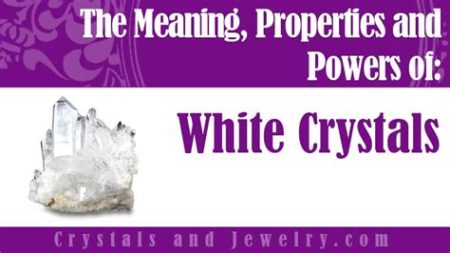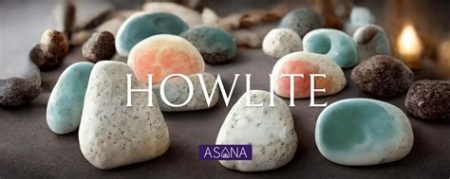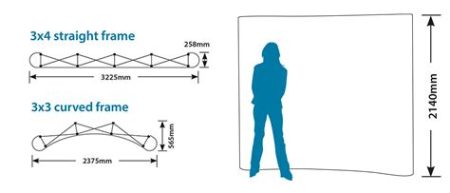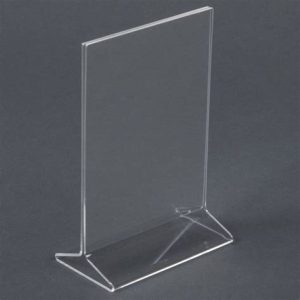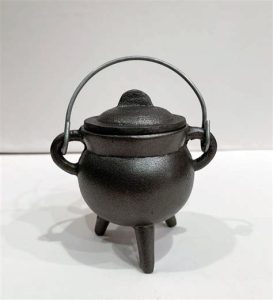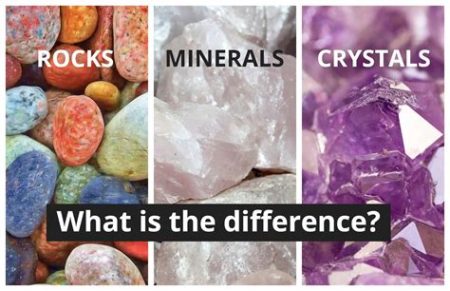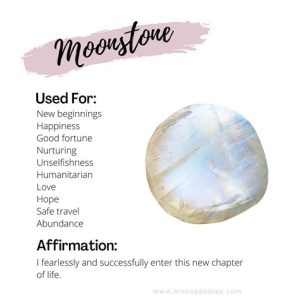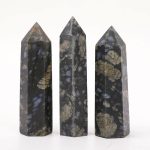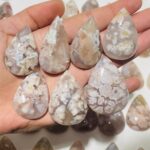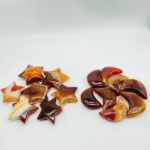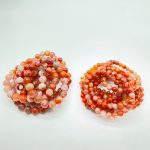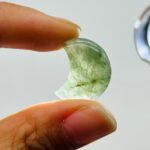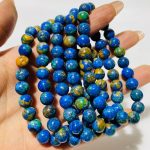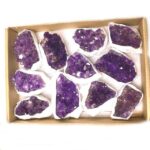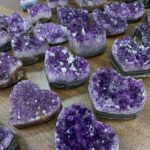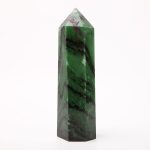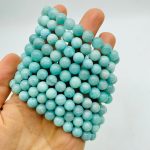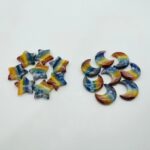Introduction
Quartz pebbles and marble aggregates are popular choices for decorative and functional applications. However, each material offers unique advantages and drawbacks. This guide will compare quartz pebbles vs marble aggregates in terms of properties, applications, and cost to help you make an informed decision for your next project.
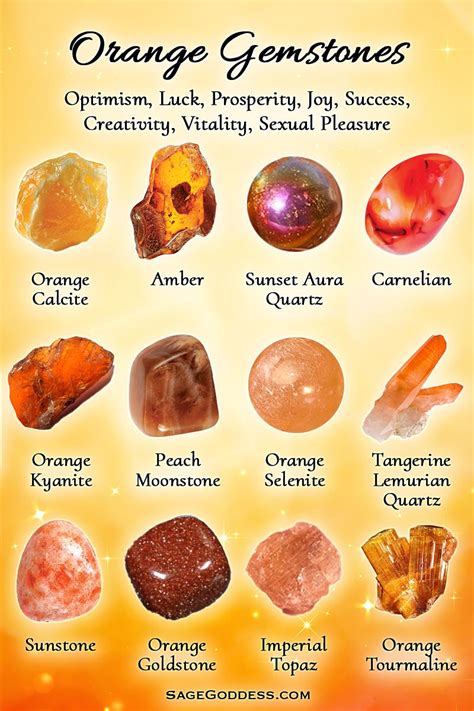
Properties Comparison
| Property | Quartz Pebbles | Marble Aggregates |
|---|---|---|
| Hardness (Mohs scale) | 7 | 3-4 |
| Durability | High | Moderate |
| Weather resistance | Excellent | Good |
| Slip resistance | Moderate | Low |
| Porosity | Low | High |
| Heat resistance | Good | Excellent |
Applications
Quartz Pebbles:
- Landscape mulches
- Decorative pathways
- Water features
- Pool surrounds
- Aquascaping
Marble Aggregates:
- Tile flooring
- Counter tops
- Wall coverings
- Statues
- Monuments
Cost Comparison
The cost of quartz pebbles and marble aggregates varies depending on factors such as particle size, color, and availability. Generally, quartz pebbles are more expensive than marble aggregates. However, the price premium may be justified for applications requiring high durability and weather resistance.
Pros and Cons
Quartz Pebbles
Pros:
- Durable and long-lasting
- Weather resistant
- Non-porous and easy to clean
- Versatile applications
Cons:
- More expensive than marble aggregates
- Can be slippery when wet
Marble Aggregates
Pros:
- Affordable and readily available
- Beautiful and elegant appearance
- Heat resistant
Cons:
- Less durable than quartz pebbles
- Can be porous and stain easily
- Can be slippery when wet
Tips and Tricks
- Choose quartz pebbles for high-traffic areas and exterior applications that require durability and weather resistance.
- Opt for marble aggregates for interior applications where aesthetics and heat resistance are important.
- Seal marble aggregates to protect them from stains and moisture.
- Use non-slip additives to improve the safety of quartz pebbles and marble aggregates when used in wet areas.
FAQs
-
Which is harder, quartz pebbles or marble aggregates?
– Quartz pebbles are harder than marble aggregates. -
Which is more durable, quartz pebbles or marble aggregates?
– Quartz pebbles are more durable than marble aggregates. -
Which is more weather resistant, quartz pebbles or marble aggregates?
– Quartz pebbles are more weather resistant than marble aggregates. -
Which is more expensive, quartz pebbles or marble aggregates?
– Quartz pebbles are more expensive than marble aggregates. -
Which is more slippery, quartz pebbles or marble aggregates?
- Quartz pebbles are moderately slip resistant, while marble aggregates are low slip resistant.
-
What is a unique application for quartz pebbles?
- Aquascaping
-
What is a unique application for marble aggregates?
- Statues
-
What is a creative new word for quartz pebbles?
- Lithomulch
Reviews
- “I love the look of quartz pebbles in my garden. They’re so durable and easy to maintain.” – Jane Doe
- “Marble aggregates are a beautiful and affordable option for my bathroom flooring.” – John Smith
- “Quartz pebbles are the perfect choice for my pool surround. They’re heat resistant and non-slip.” – Mary Jones
- “I’m using marble aggregates to create a stunning mosaic table. The heat resistance will be perfect for placing hot dishes on it.” – Tom Brown
Conclusion
The choice between quartz pebbles and marble aggregates depends on the specific requirements of your application. Quartz pebbles offer superior durability, weather resistance, and slip resistance, making them ideal for exterior and high-traffic areas. Marble aggregates are a more affordable and aesthetically pleasing option for interior applications where heat resistance is important. By understanding the properties, applications, and cost differences between these two materials, you can make an informed decision for your next project.

